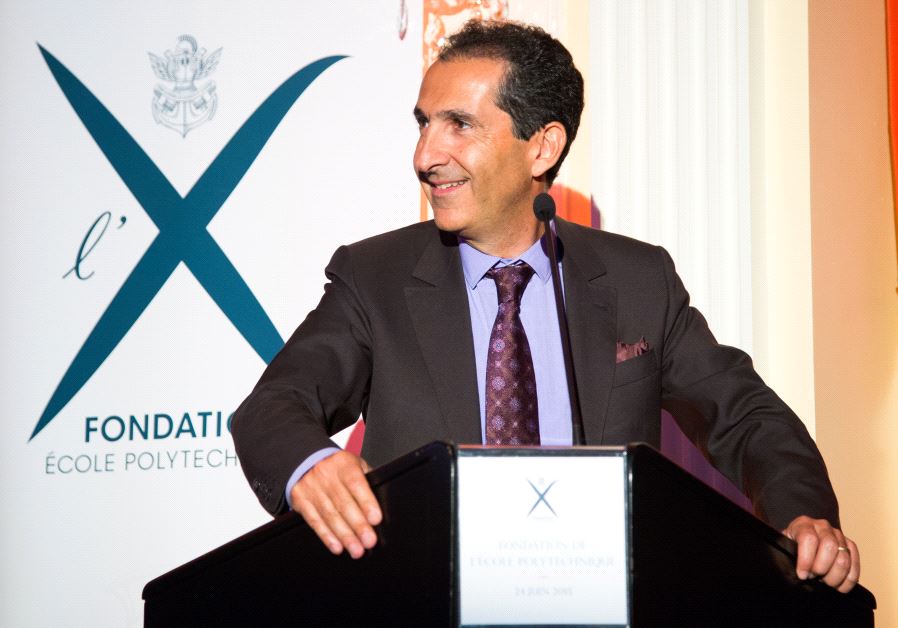Britain warns Franco-Israeli entrepreneur Drahi after he lifts BT stake
Britain warned it would intervene if necessary to protect BT, the telecoms group building the country's critical fiber network.
 (photo credit: ECOLE POLYTECHNIQUE UNIVERSITÉ PARIS-SACLAY/WIKIMEDIA)
(photo credit: ECOLE POLYTECHNIQUE UNIVERSITÉ PARIS-SACLAY/WIKIMEDIA)